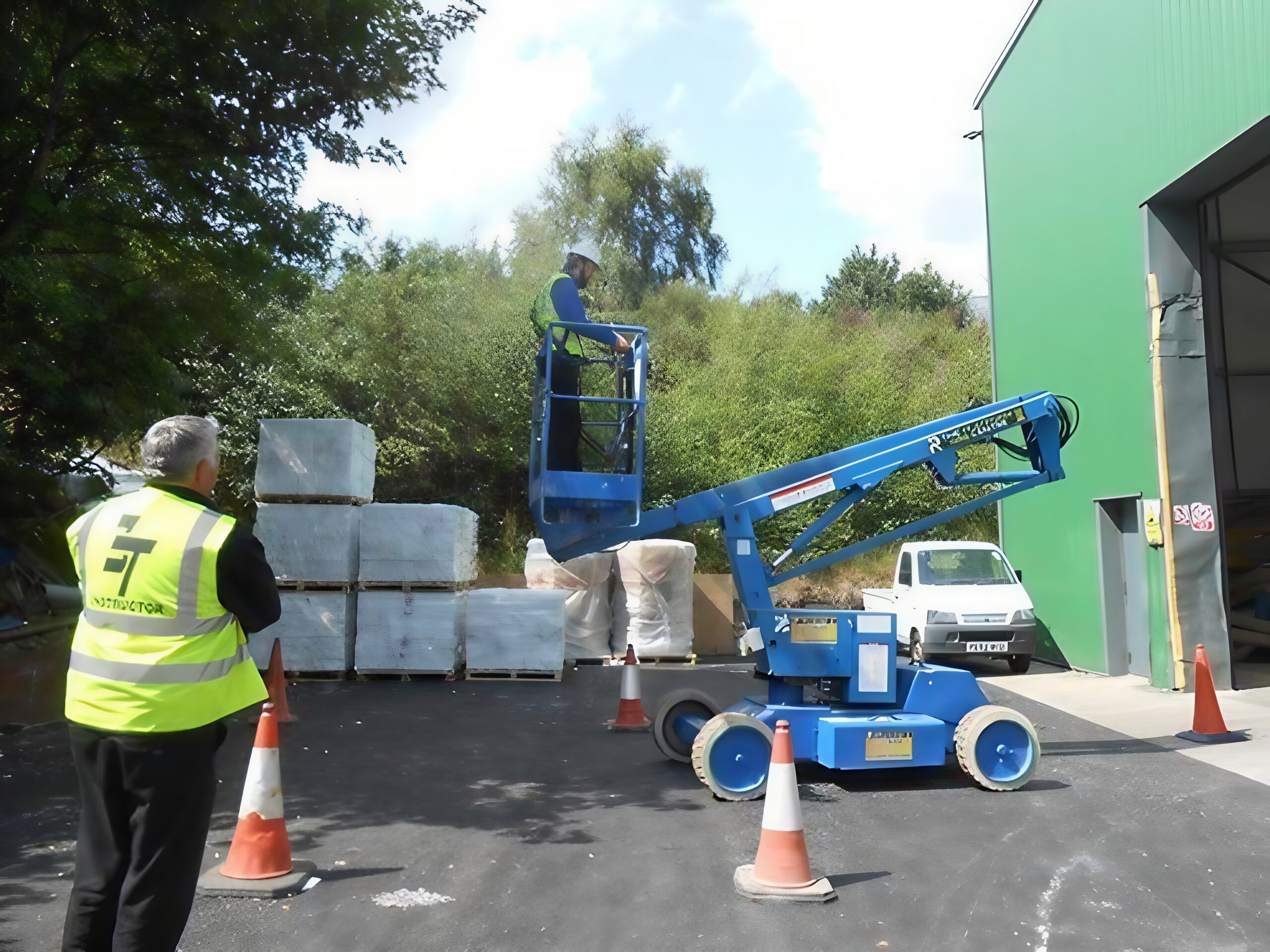BIRMINGHAM, UK — UK-based polystyrene manufacturer Eccleston & Hart Ltd has formally adopted SALI as part of its strategy to enhance sustainability performance and improve accountability across its operations.
The move marks a significant step in the company’s efforts to modernise its environmental reporting and deepen its commitment to circular manufacturing practices. Known for producing high-quality expanded polystyrene (EPS) for industries such as construction, theatre, and packaging, Eccleston & Hart is now leveraging SALI’s AI-driven compliance engine to better capture, measure, and report on its environmental impact.
“We’re proud to be supporting a company that’s already integrating sustainability into its core processes,” said a SALI spokesperson. “This collaboration brings structure, insight, and clarity to their existing efforts — transforming practice into proven performance.”
Turning Data into Impact
SALI — short for Sustainability Assessment, Reporting and Learning Intelligence — is a next-generation platform that helps businesses meet growing demands for transparent, verifiable sustainability reporting across several frameworks: CSRD, ISSB, UN SDGs, amongst others. Its intelligent assessment system validates documents, identifies gaps, and generates real-time insights tailored to a company’s sector.
Through the platform, Eccleston & Hart will gain a comprehensive view of key sustainability metrics including emissions, energy use, material reuse, and waste reduction — all critical touchpoints in the lifecycle of EPS manufacturing.
The company already recycles its own waste through a dual process of granulation and compaction, ensuring scrap polystyrene is either reintroduced into production or repurposed into everyday consumer products such as planters, picture frames, and roof tiles. Now, with SALI’s digital tools, these processes can be documented, benchmarked, and aligned with global sustainability frameworks.
Tailored for Industry, Built for Regulation
SALI’s assessments are customised according to sector-specific codes of practice and align seamlessly with international standards like ISO 50001, GRI, and CSRD. For Eccleston & Hart, this means being able to demonstrate compliance while showcasing best practices in an industry where environmental scrutiny is rising.
“The recyclability and performance of EPS have always been strong suits,” noted a representative from Eccleston & Hart. “But with SALI, we can now back those strengths with verified data and translate them into recognised sustainability achievements.”
A Step Ahead in a Shifting Landscape
The adoption of SALI comes amid intensifying regulatory pressure across Europe, as companies are expected to provide detailed, framework-aligned sustainability disclosures. For manufacturers, this shift requires more than operational adjustments — it calls for integrated, transparent systems of measurement.
Eccleston & Hart’s decision to invest in digital compliance tools reflects a broader commitment to not just meeting regulations, but leading in sustainable manufacturing innovation.
“It’s no longer enough to simply say you’re reducing your footprint — you need to prove it,” said the SALI team. “We’re excited to see a legacy manufacturer like Eccleston & Hart lean into that responsibility with purpose and clarity.”
Paving the Way for the Sector
As more companies across manufacturing seek efficient ways to track, report, and improve their sustainability efforts, Eccleston & Hart’s move to integrate SALI into its operations could serve as a roadmap for others navigating similar pressures.
From waste management and emissions tracking to regulatory alignment and circularity indexing, the partnership underscores how traditional industries can harness cutting-edge tools to remain competitive, responsible, and future-ready.

Leave a Reply